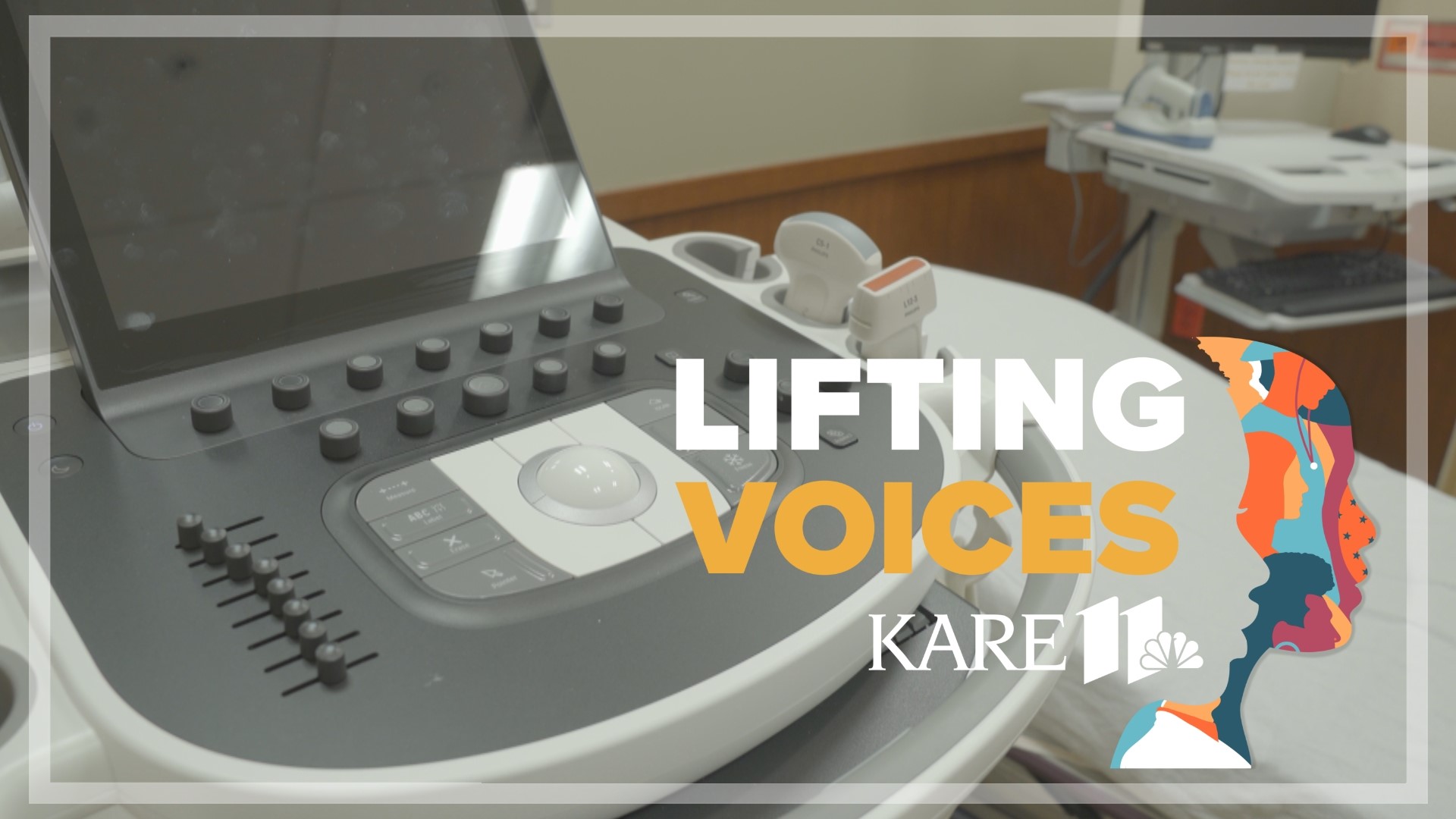ST PAUL, Minn. — When Flora Whitfield, the associate program director of Breaking Free, talks about the importance of advocacy work for survivors of sex trafficking, she's generous with her story.
"The biggest need is to have someone walking alongside survivors with lived experience," Whitfield said. "That was the most important thing for me."
Whitfield said she sought out the state's only survivor-led housing resource provider when she was 24 years old.
"I was 14 when I was trafficked into prostitution by an older guy, and that was a really abusive situation," Whitfield said. "It lasted for a couple of years and I left when I was about 16, but I didn't leave the life."
Whitfield explained that she was charged with prostitution when she was 18. That was before the Safe Harbor Laws took effect, so she wasn't seen as a victim.
She said she was connected to Breaking Free as a part of a mandated program.
All the while during those years, Whitfield explained she was in and out of clinics.
"Because of the lifestyle I was living, obviously, that was the only way that I felt I could protect myself — and take care of myself — was by going to the clinics," she said.
"I did have one nurse that I built a relationship with and it was at a free clinic," Whitfield said. "I went back to her multiple times throughout the years. One day she asked me, 'Are you involved in prostitution?' I can't remember her exact words, but at that moment I was like, 'Oh, my God. Someone sees me like she saw me.'"
Whitfield said she had never felt seen that way before, and that no one had ever asked her what was really going on.
That's the kind of compassionate model that Allina Health is trying to emulate.
"We want to help them; we want them to come back," Amy Schmitz said, of the patients.
Schmitz is a sexual assault nurse examiner and a trainer for the entire Allina Health system. She doesn't just train forensic nurses, however. She said the training happens for every patient-facing provider.
"We educate a lot on if you suspect, who do you contact, what is your algorithm, what are the red flags, and what do you do next?" Schmitz said.
She said the hospital system really ramped up its sex-trafficking awareness training back when Minnesota hosted the Super Bowl. Ever since then, she said Allina has invested in her to continue that important education.
She said delicate conversations eventually do happen with patients when they decide to open up, but sometimes, even if the health care provider suspects something, they may not say anything at all. This is true especially if the patient doesn’t want to talk and is over 18 years old. In this case, the provider’s hands are tied.
"Some of these people come to our health care facilities one, two, three, six seven times before we actually start asking questions," Schmitz explained. "Some of them don't choose to talk about it at all and that's okay; we just want them to know that Allina Health is a safe place to go."
Whitfield recognizes the effort. She also said a lot has changed since the laws have, and that has helped destigmatize a lot of conversations surrounding sex trafficking.
"They're doing the best they can with the resources that they have," Whitfield said, referring to the health care providers. "We all know we don't always identify as victims, especially in the midst of our stuff, we think that we are surviving."
On top of Breaking Free, there are many resources when it comes to serving sex trafficking survivors. You can find a helpful list here.
Watch more Lifting Voices:
Watch all of the latest stories from Lifting Voices in our YouTube playlist:

